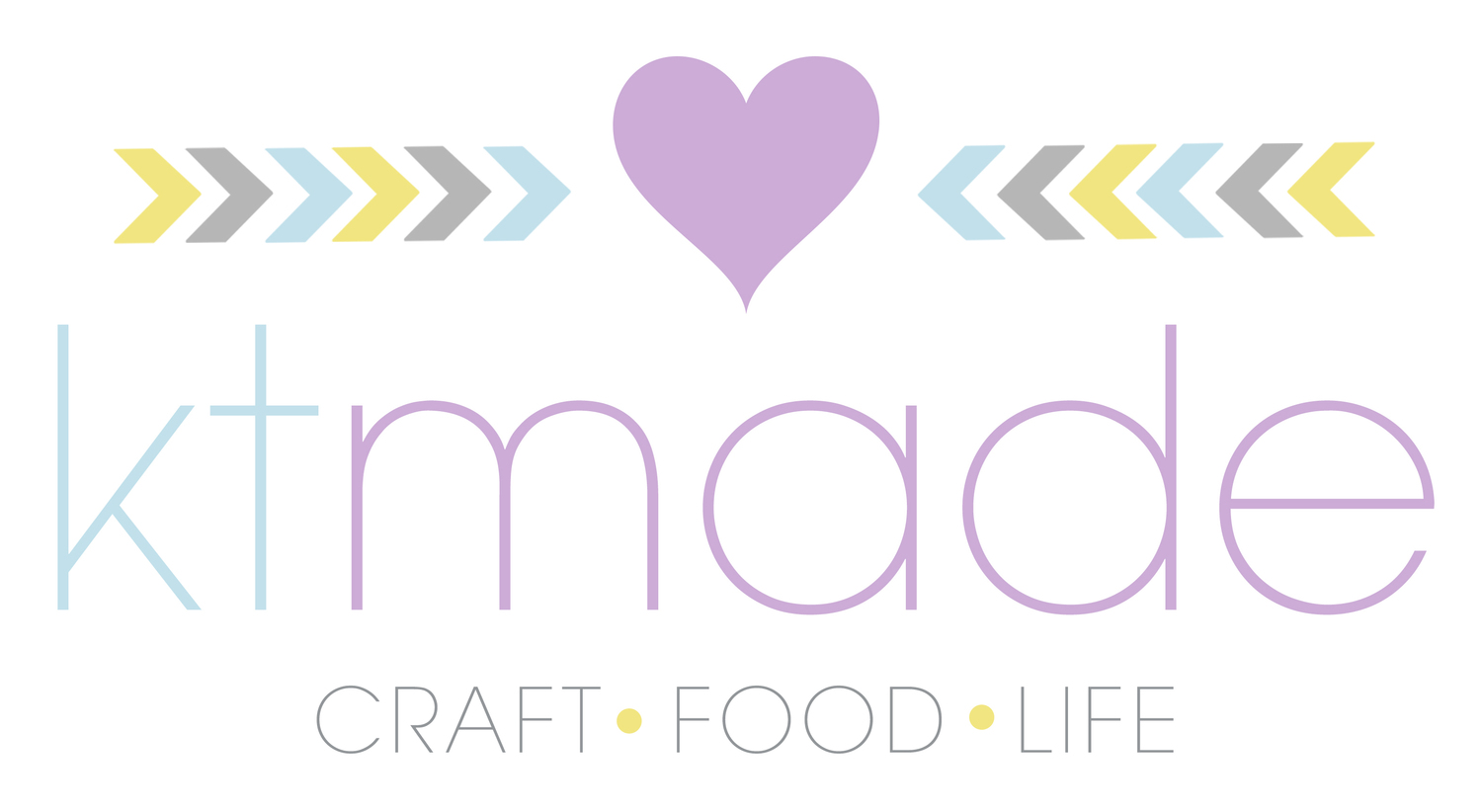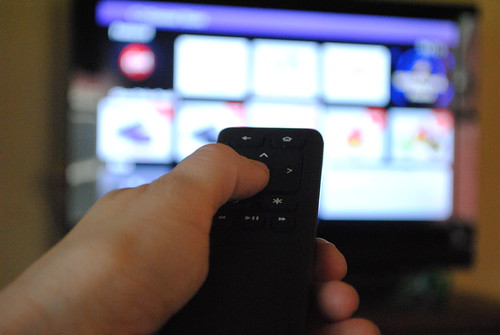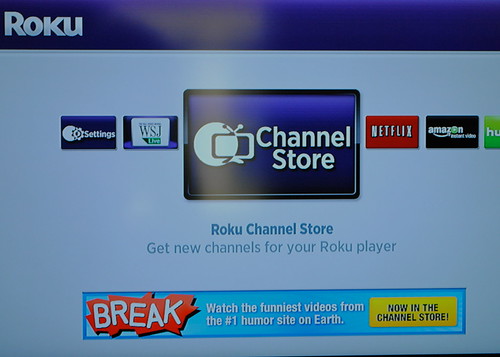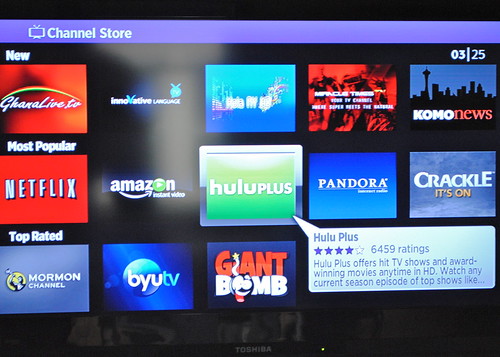I love consignment shops - clothes, furniture, any random old thing. You know that saying - one man's trash is another man's treasure? I've always been the other man. The one grabbing up other people's tossed away things with glee - thrilled to walk away with something awesome for a song. I'm the one who, when someone compliments me on a new skirt, says proudly, and I got it for THREE DOLLARS!
But for a long time, I never consigned anything myself - perhaps because it seemed like a lot of hassle. And also because I keep all of my clothing forever in the (usually incorrect) belief that I will wear those acid washed jeans again. Just kidding. I don't have acid washed jeans in my closet. But you get my point.
And then one day, it hit me. If I consigned my own clothes, I would make money. Money that I could use to buy more clothes at consignment shops. It was a revelation.
Nowadays, I love going into my local consignment shop to see how much "free money" I have in my account. And I've learned a few things about how to get the most value out of the process.
* * *
1. Follow the rules.
Consignment shops work in a variety of different ways, and it's imperative that you do a little research beforehand so you don't end up wasting your time. At most shops, you'll drop off a bag of clothes, and the staff will go through it, deciding what they'll keep or return back to you. Then if they sell the items they kept, you will receive a percentage of the sale price. But each shop does things a little differently. For some, you need to make an appointment before they'll look at your clothes. Others require no appointment, but they'll only accept one bag of clothes per visit. Still others follow a different model entirely and pay you on the spot for the clothes they think they'll be able to sell, returning all the rest to you. It can be pretty disappointing to show up with a bag of clothes and realize that you can't get anyone to look at them.
Pro Tip: Use a big bag at those shops that only allow one bag of clothes per trip.
2. Know your audience.
Fun story: there's a consignment shop near us that caters to the younger crowd - college kids mostly. At least, that's their goal. I know a lot of women my age (early-thirties) who go there for inexpensive clothes that span the age gap. So I show up there the first time with a bag of clothes, and the 20-something behind the counter squints at me and says, "you know this is a store for youth consignment, right?" I probably shouldn't have been as offended as I was, but it felt like she looked me up and down and then said, "you know you're really old and frumpy, right?" They took two items from the bags I brought, and I left feeling decidedly un-stylish.
But I got over it. Now when I go, I'm careful about the clothes I put in the bag. I stick with pieces that have universal age-appeal. They don't always take much, and it varies greatly depending on who is working. But they're one of the shops that pays right away, so I always walk out with a little cash in my pocket (if I don't spend it there immediately on midriff-baring tops and short shorts).
Some consignment shops - our local Second Time Around is one example - put lists online of the types of brands they accept. If the shop has a list of brands that includes mostly designer names, they probably won't take your Target-brand jeans. But the lists aren't always 100% accurate - if you have something really cute that you think would sell well there, throw it in. The key is to be aware of what types of clothes they're looking for so you're not disappointed about what they do or don't take.
Pro Tip: Put your nicest clothes at the top of the bag so the staff see those first.
3. Do the legwork.
If you bring a bag of 25 clothing items into a consignment shop, you'll probably end up walking out with a bag that still has 15 or 20 pieces. Every consignment shop has a little bit different set of standards, and each employee will make slightly different choices. But there are probably more than a few consignment shops near you. Try out two or three, and maybe you'll end up getting half of your clothing items into a shop. The key here is to accept that, as much as you loved a particular piece, not everyone will see it as a piece they can sell. And they may return your bag and say something like, "None of the other pieces were on trend." That's okay. Move on to the next place.
Pro Tip: Start with the fanciest shop first, and then move on with the "leftovers" to other shops.
4. Prep the clothes.
No one is going to take a shirt that has deodorant stains on it or a pair of pants that look like they've been sitting in a wrinkled pile for the last year. Even though it might feel annoying, wash the clothes and fold them nicely. They don't all need to be perfectly pressed, but the clothes should look presentable.
Pro Tip: Don't assume the shop staff will overlook that small stain or the tiny tear. They won't.
5. Do the math.
You won't have any control over how much a particular shop will charge for your items, but you should be clear about what percentage you'll receive. For most shops in my area, I receive 40% of the sale price, but if I use my credit in the store, I'll receive 50% of the sale price. An incentive that usually works to get me to spend my money there. If I'm not using my money in the store, I can choose to receive it as a check sent to me at the end of the month or as cash whenever I'm there, depending on the store.
I also like to keep track of which items I have at which consignment stores - they'll usually give you a receipt. Most shops will donate your clothes after 3 months if they don't sell. If I have a record of what I have there, I can pick up any clothes that don't sell if I decide I want to keep them. It hasn't happened yet, but it could.
Pro Tip: Find out if the store will be running a sale soon and make sure your clothing won't immediately go on sale, reducing the amount of money you'll make.
And one final note: Don't forget about accessories! Most clothing consignment shops also take bags, shoes, belts, and jewelry. Don't leave those languishing in your closet if you could be making a little dough and making someone else's day!
* * *
Do you shop in consignment stores? Consign your clothes? What tips do you have for the consigning newbie?
p.s. Upcycling is also a good option for those items that might not have value in a consignment shop but could be awesome for you with a little embellishment.















